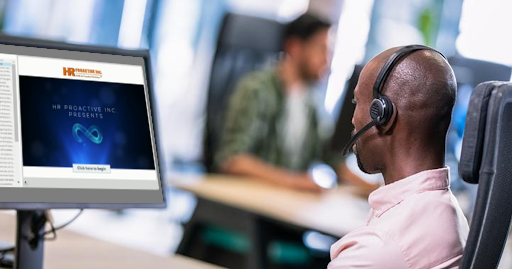Tips on Conducting a Harassment Investigation
Objectives of a Quality Investigation
To determine if there is sufficient evidence to support the allegation or complaint being made, or the concerns raised/observed (“duty to act”). A Quality Investigation:- Can minimize legal liability (if any).
- Can assist in identifying and implementing any proactive steps or measures to prevent a recurrence.
- Can allow an organization to move forward with certainty to take appropriate action to correct the problem (if necessary).
When to Investigate
When to Investigate- The issue or concern identified, or the complaint being made, fits within the scope of the internal discrimination policy or the “prohibited grounds” under the Ontario Human Rights Code.
- As soon as possible, in order to minimize liability, costs, disruption, employee morale and privacy/confidentiality issues.
Pre-Investigation Considerations
- Internal policies, procedures (written vs. oral complaints, signed statements)
- Informal Fact Finding vs.
- Formal Investigation
- Who conducts the investigation?
- Internal vs. External
- More than one investigator?
Evidentiary Considerations
- Types of evidence (direct, indirect)
- Concept of “Best Evidence”
- Retention of evidence: maintaining an investigation file
- Safety, Confidentiality and Privacy Issues
Standards of Proof
- Prima facie case
- Civil standard – Balance of Probability: “evidence in support of the allegations is sufficiently credible to lead a fair minded person to make a finding of discrimination…”
Burden of Proof
- Prima Facie Case: There is a statement from a complainant setting forth allegations against the “respondent” which, if they are accepted “on their face”, indicate that discrimination has occurred.
- The “burden of proof” would then shift to the respondent (the one being accused) to refute the allegations and establish that discrimination did not occur, or that the respondent had a Code-related defense, which allows certain narrowly-defined kinds of discrimination to occur.
Admissibility of Evidence
- Governed by the Statutory Powers and Procedures Act
- Anything relative to the subject matter is admissible (more relaxed standard)
- Can determine issues of credibility, reliability
Administrative Fairness Issues (Both Parties)
- Right to a timely, neutral, unbiased investigation
- Right of respondent to know who made complaint (i.e., the complainant)
- Right to know outcome (disclosure)
- Limits to the right of disclosure (privacy considerations)
- Right to representation
- Right of respondent to know case (particulars) against him/her and opportunity to reply (right to be heard)
- Right to appeal or reconsideration

Live Private Virtual Training for Teams
Using Zoom Online Interface we can provide a group training to employees that is engaging and informative.
Request Team Training

Bill C-65 Workplace Investigations
HR Proactive provides neutral third-party, independent workplace investigations into allegations of bullying, harassment, discrimination, sexual harassment, threats of violence, code of conduct violations and breach of company policy.
More on Workplace Investigations

One-On-One Sensitivity Training
Our training is remedial in nature to help restore workplace relationships and establish boundaries to ensure respectful conduct. Training is offered virtually in real-time through access to our user-friendly online interactive portal while following along with our live instructor.
More on Sensitvity Training
Ready to get started?
Ask us about our Mandatory Compliance Training bundle
- 1 (888) 552-1155
- sales@hrproactive.com

